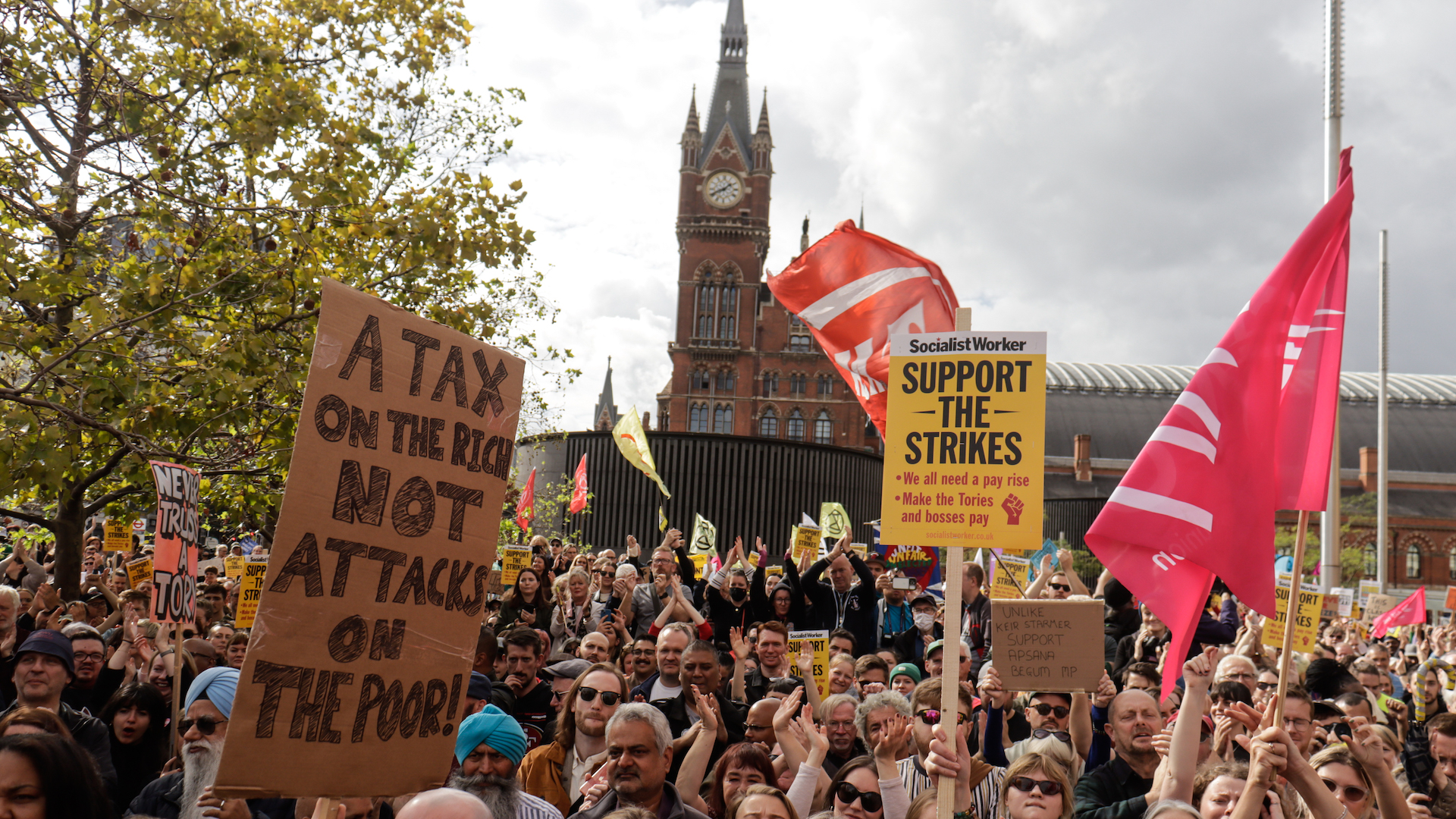It seems to be an almost universal state of being in Britain today to want – or need – a pay rise. Prices are going up but wages aren’t, meaning millions of workers are becoming poorer by the week.
And they won’t – can’t – take it any more. Industrial disputes are at their highest rate in five years and the UK is braced for another wave of strikes over low pay, unprecedented in their size and sector. Nurses are set to stage a national strike, the first called by the Royal College in its 106-year history. 70,000 lecturers across 150 universities will be taking to the picket lines.
Over 150,000 working days were lost to strike action in June and July alone as workers turned up the heat on their employers to pay a living wage. Other than trying to ensure some trains run when unions like the RMT go on strike, the government has revealed no plan on how to address the root causes of growing industrial unrest.
While the cumulative impact of ongoing strikes further sets back economic growth, taking strike action means taking a serious hit to your pay packet. No one gets paid to go on strike, so the longer someone strikes, the poorer they become. Here it’s worth remembering that one in four Brits have less than £100 in savings.
Your support changes lives. Find out how you can help us help more people by signing up for a subscription
The problem of low pay is hitting the public sector hardest. Where pay in the private sector went up on average by 6.2 per cent in the 12 months to June 2022, those working in the public sector – nurses, paramedics, teachers, prison staff – got just a 2.2 per cent rise on average. And many are asking: “is it really worth it?”









